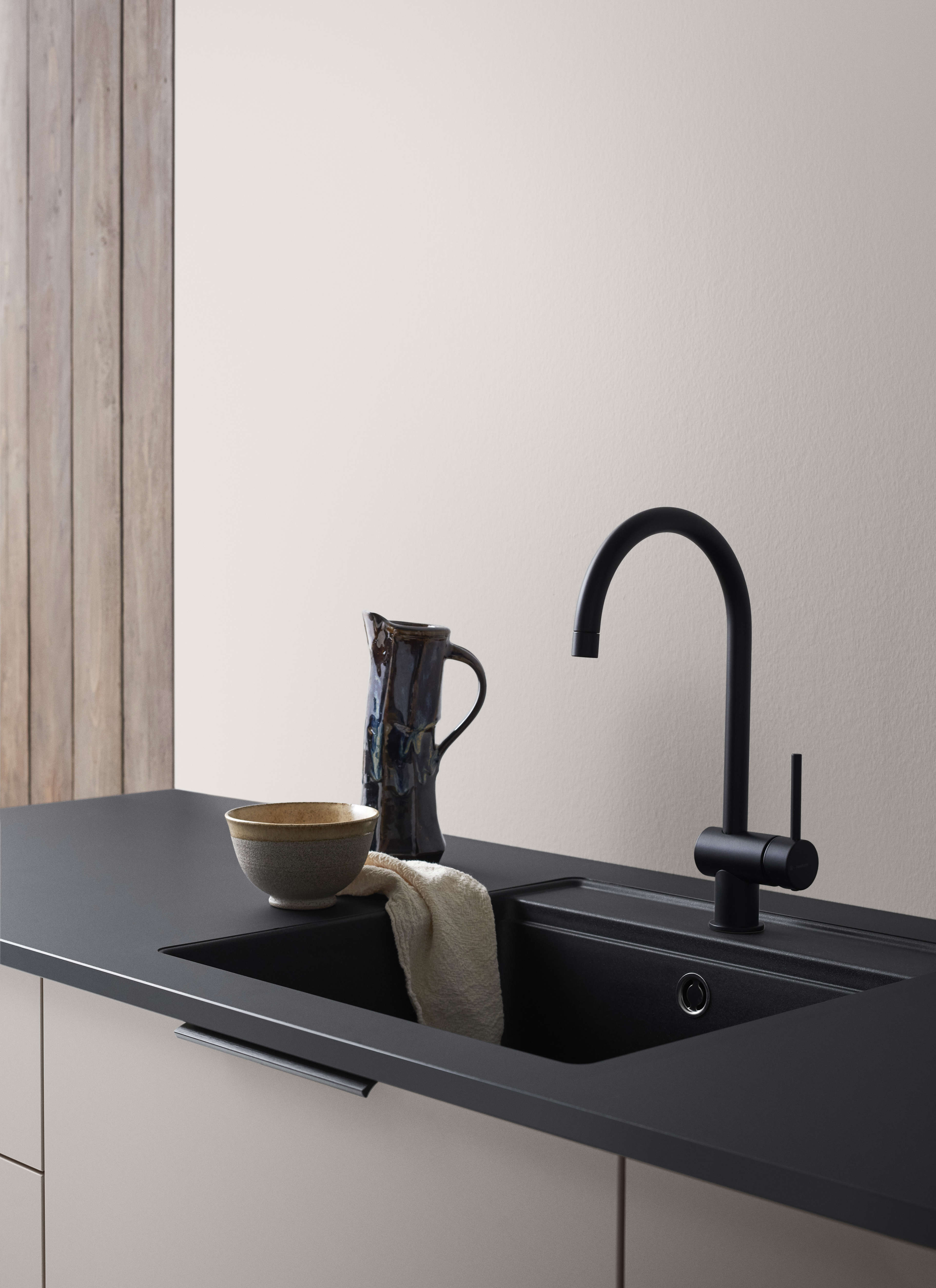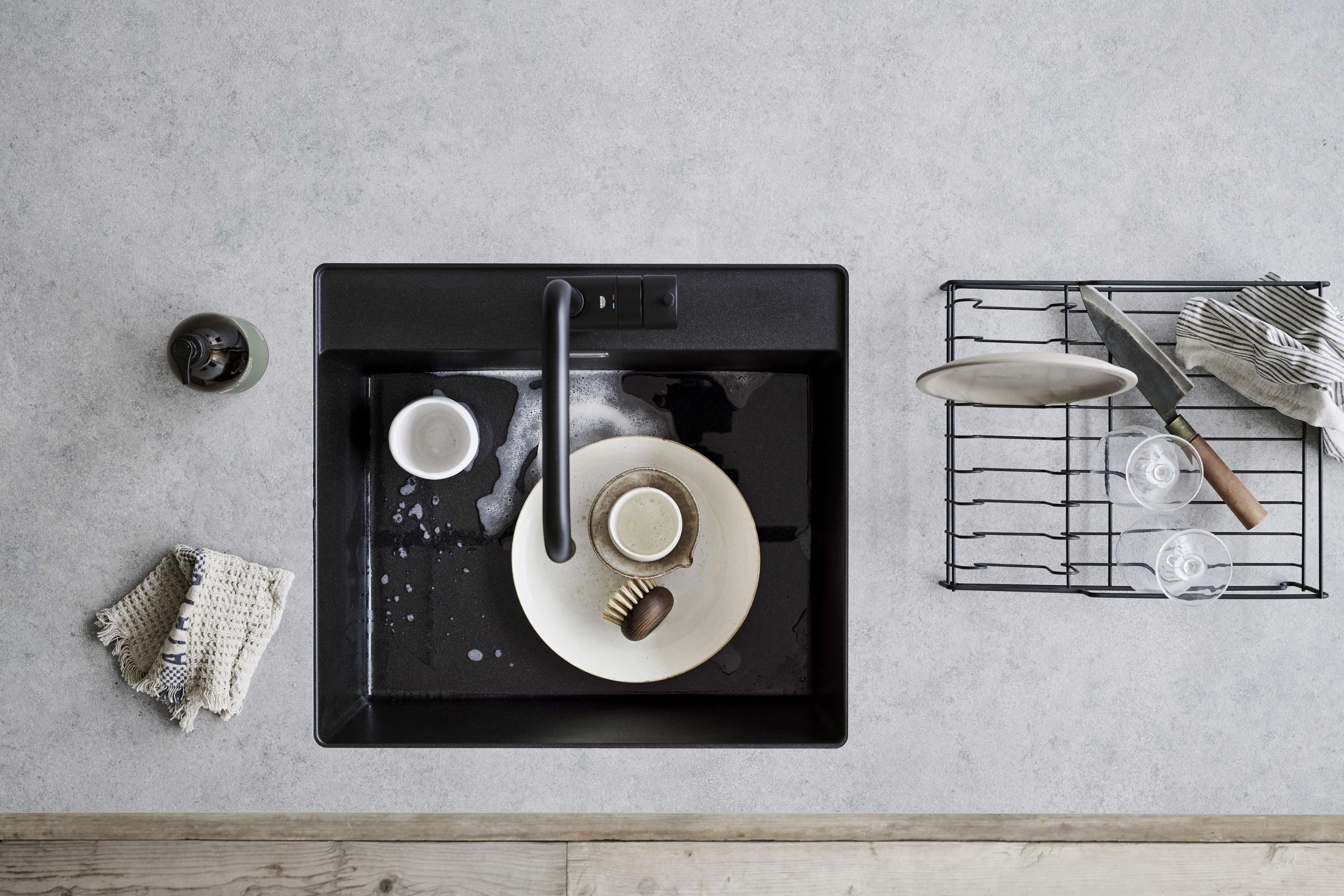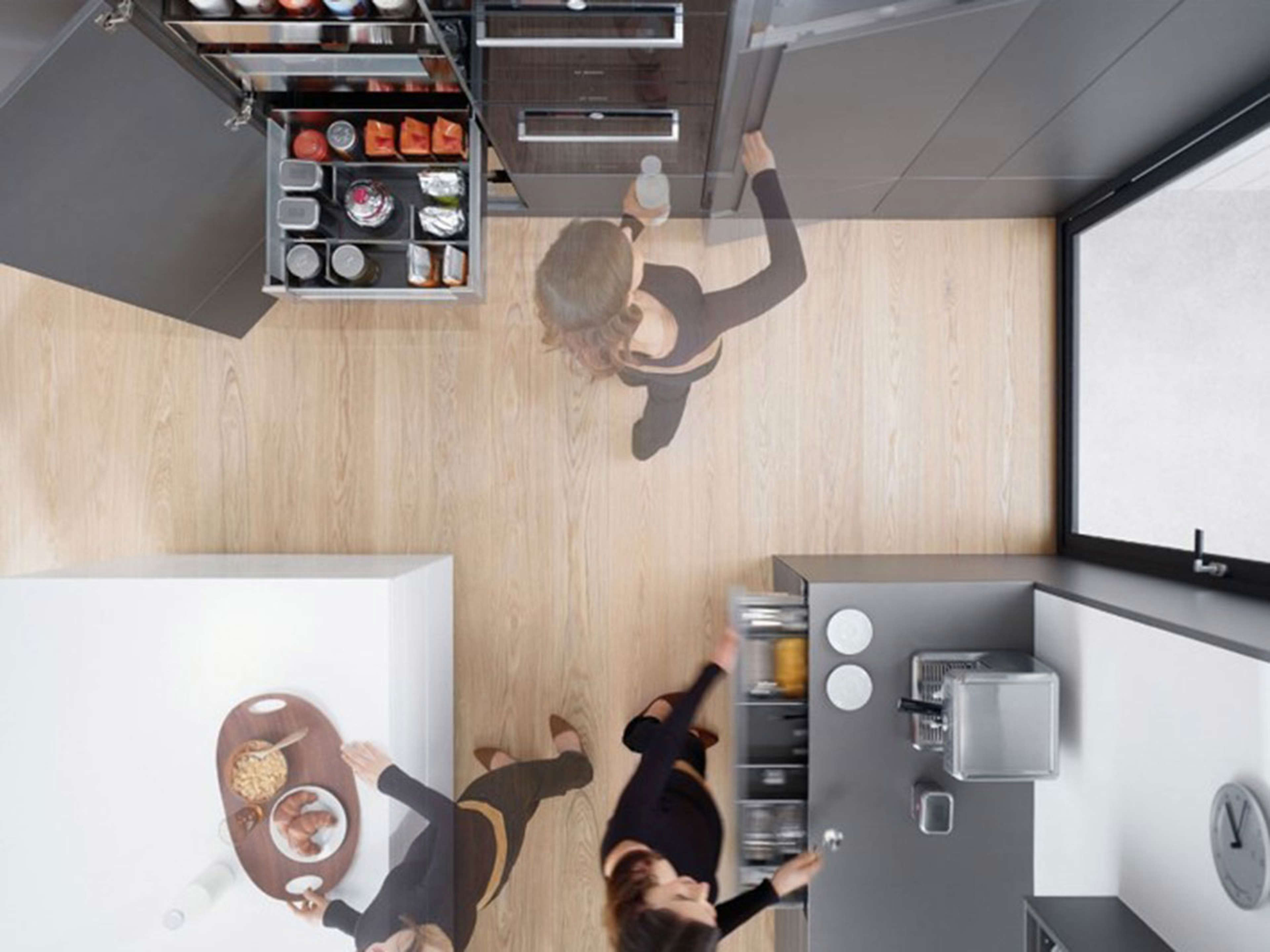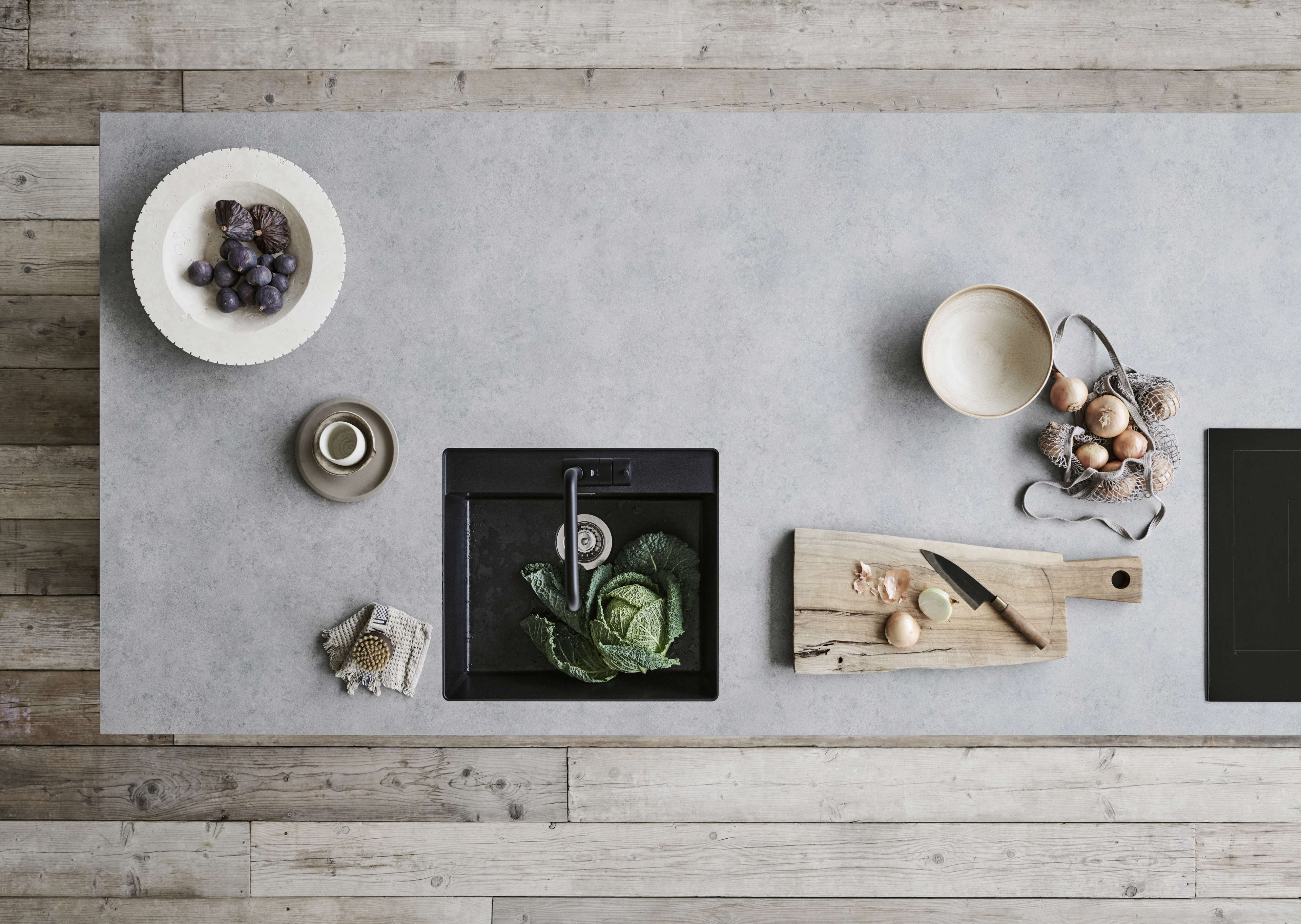
Junior Masterchefs — how to get kids to help in the kitchen.
Cooking with children can be a fun and interactive way to teach them about healthy eating habits and the value of nutritious food. It's an excellent opportunity to introduce kids to new and exciting flavours while also teaching them how to cook and prepare meals for themselves. By cooking with your children, you're not only teaching them valuable skills, but you're also creating positive memories and helping to build strong family bonds. Take a look at some of our favourite ways to bring little ones into the kitchen.
Getting your children involved in the kitchen is a great way to spend quality time with them while teaching them valuable skills. Not only will it help develop their culinary knowledge, but it will also encourage healthy eating habits and teach them responsibility.
Here are some of our best tips for getting your children to help in the kitchen:
Start small and age-appropriate
Starting small and age-appropriate is a crucial aspect of cooking with children. There's no point in overwhelming them before they've started! Start them off with tasks that are suitable for their age and skill level; this will help build their confidence and make the experience more enjoyable.
For younger children, simple tasks such as stirring ingredients, pouring liquids, or setting the table are good starting points. These tasks are easy to accomplish and require minimal supervision, which can help your child feel more independent and capable. Plus, they're fun!
As your child becomes more comfortable in the kitchen, you can gradually increase the complexity of their tasks. For example, you might teach them how to measure ingredients, chop vegetables (look for age-appropriate starter knives!), or even cook simple dishes on their own. Pizzas or pancakes are an easy way to start out – and delicious too.
By gradually increasing the complexity of the tasks, you can help your child develop valuable skills and a love for cooking that will benefit them for years to come.
Make it fun
Making cooking a fun and enjoyable experience for children is important to keep them engaged and interested in learning about food and nutrition. Creating a fun and relaxed environment is vital and easily done. For example, letting them pick a soundtrack, choose a recipe, or give them a fun apron to wear can make them feel more involved and excited about the cooking process.
You can also turn the cooking experience into a game or competition – a great way to keep your children engaged and motivated. You can do ingredient scavenger hunts, "guess the spice" games, or even set up a cooking competition among family members. Making cooking into a fun activity can also help children develop a positive attitude towards food and encourage them to try new things. Plus, it takes a weight off cooking every evening!
Choosing a theme for a meal, such as Italian or Mexican, is another excellent way to make cooking with children an educational and cultural experience. You can teach them about the significance of certain dishes and ingredients and help them understand the history and traditions behind different types of cuisine. This can broaden their understanding and appreciation of different cultures and cuisines. As well as developing their little tastebuds!
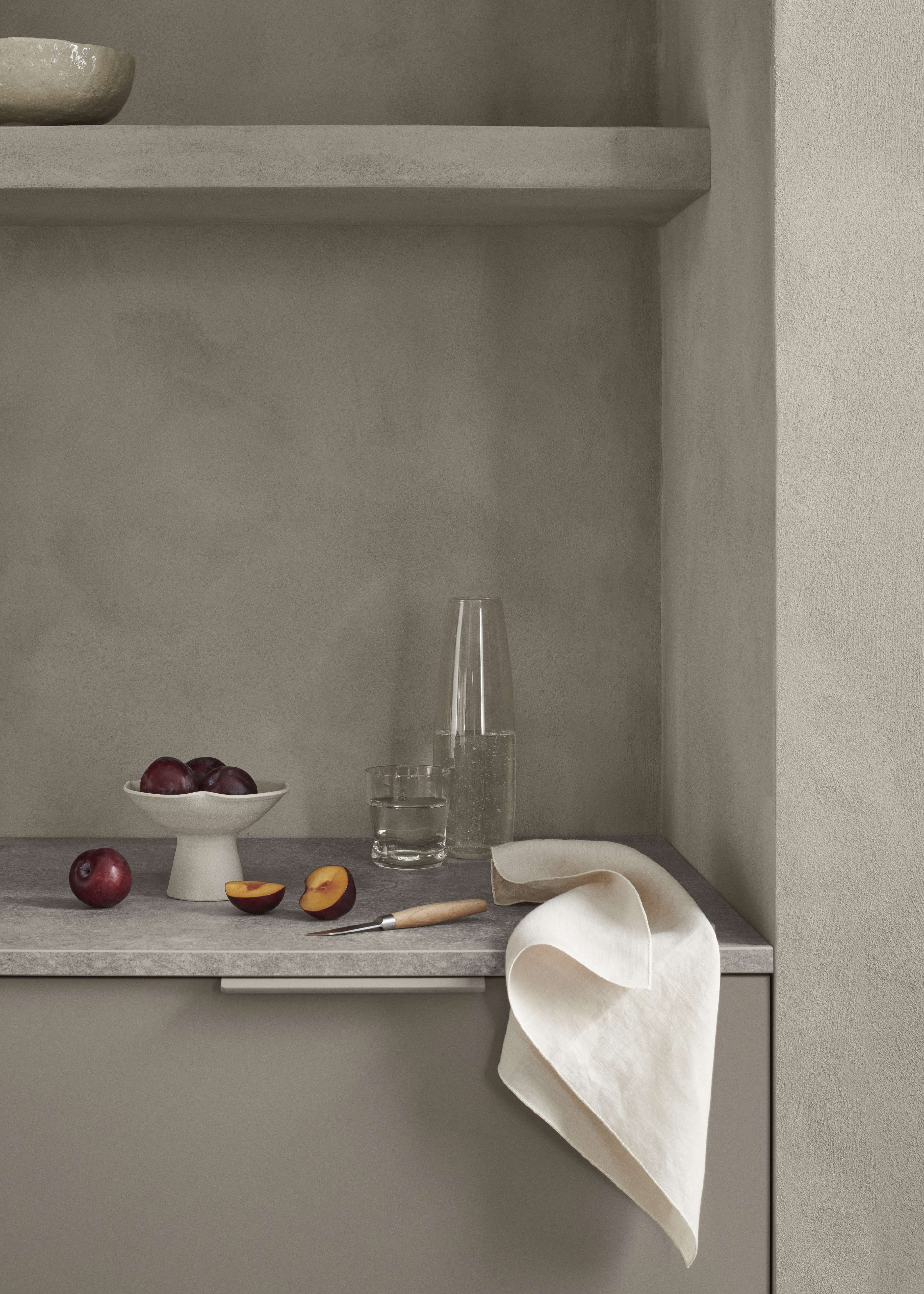

Give them a sense of ownership
Encourage your children to take ownership of the dish they are helping to prepare. Let them make decisions about the recipe, such as choosing ingredients or adjusting seasoning to their taste. Letting them add more cheese or pepper will give them a sense of pride and accomplishment.
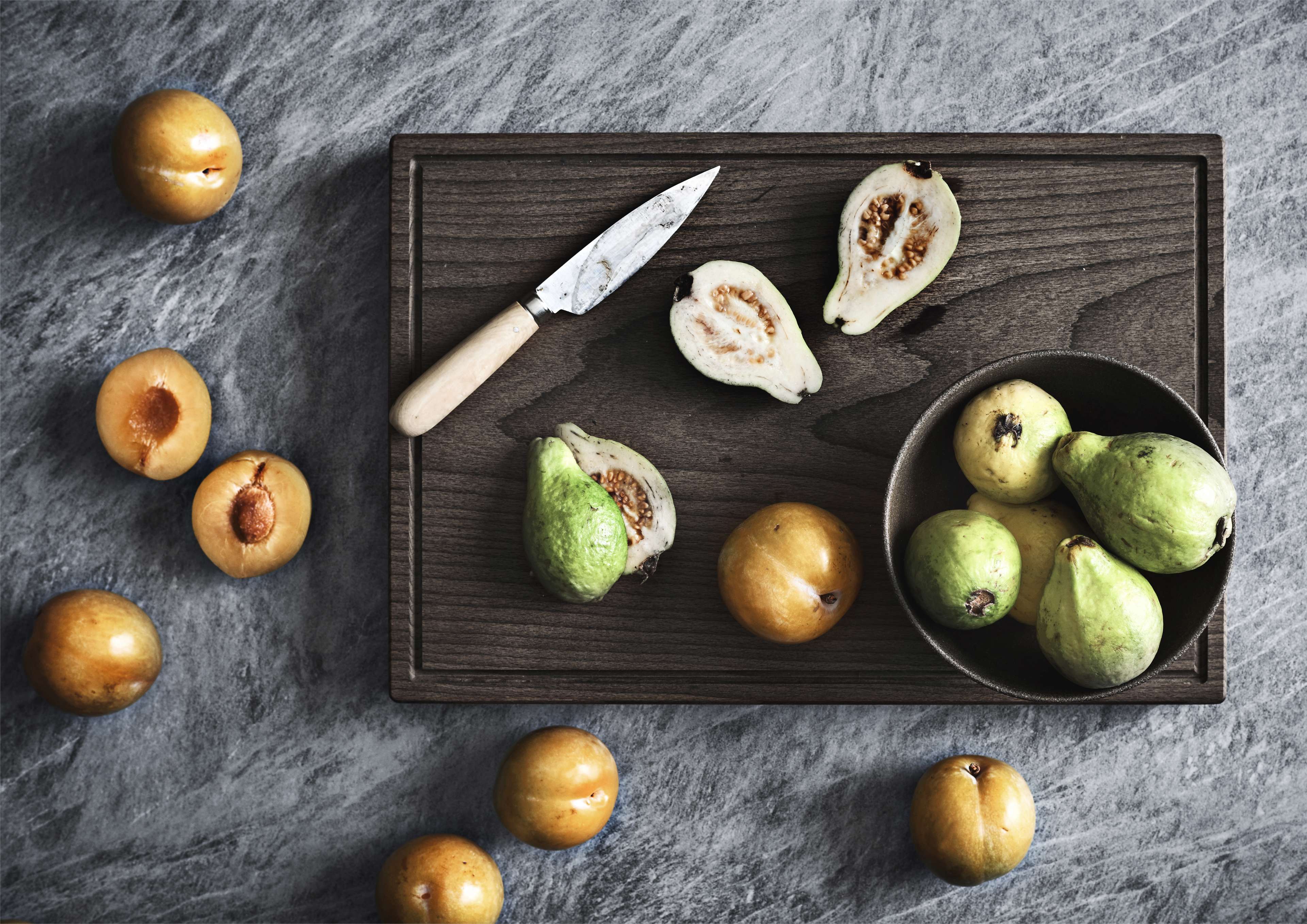
Teach safety
Make sure your children understand the importance of safety in the kitchen. Explain how to use kitchen tools properly, such as knives or the stove, and supervise them closely until they are comfortable and confident. If you have younger children, use age-appropriate tools such as kid-safe knives or scissors.
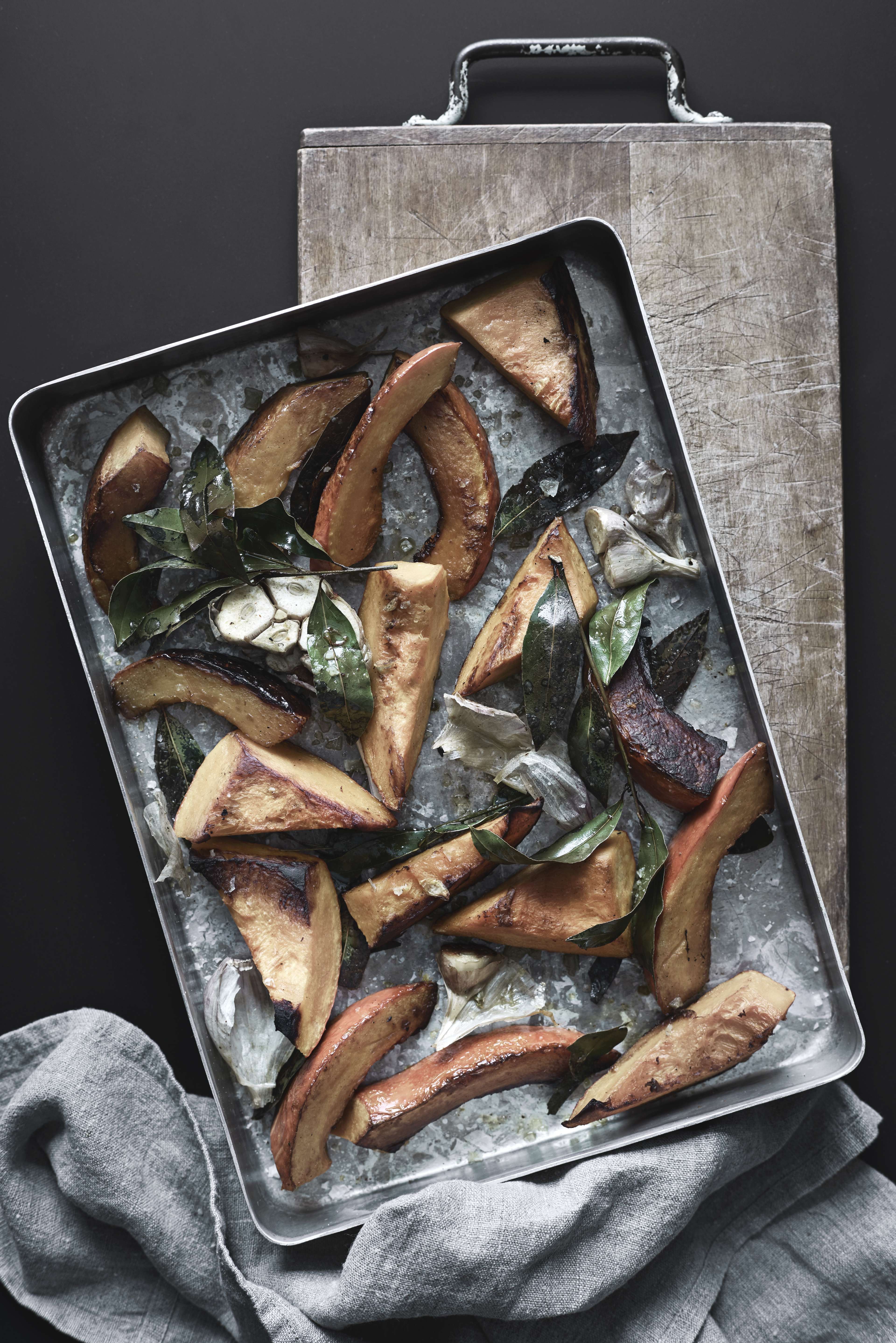
Emphasise healthy eating habits
Cooking is an excellent opportunity to teach your children about healthy eating habits. Encourage them to choose fresh and nutritious ingredients and explain why certain foods benefit their bodies. Discuss the importance of eating a balanced diet and help them choose healthy ingredients for their meals.
Praise their efforts
As a parent or caregiver, it is important to praise and encourage your children for their efforts in the kitchen, regardless of the outcome. Positive reinforcement can help build their confidence and motivation to continue cooking and learning new skills in and out of the kitchen.
Even if their dish doesn't turn out perfectly, focus on the positive aspects and encourage them to learn from their mistakes. For instance, you could commend them for trying a new recipe or completing a challenging task such as chopping vegetables. This will help them develop a growth mindset and encourage them to keep exploring and trying new things.
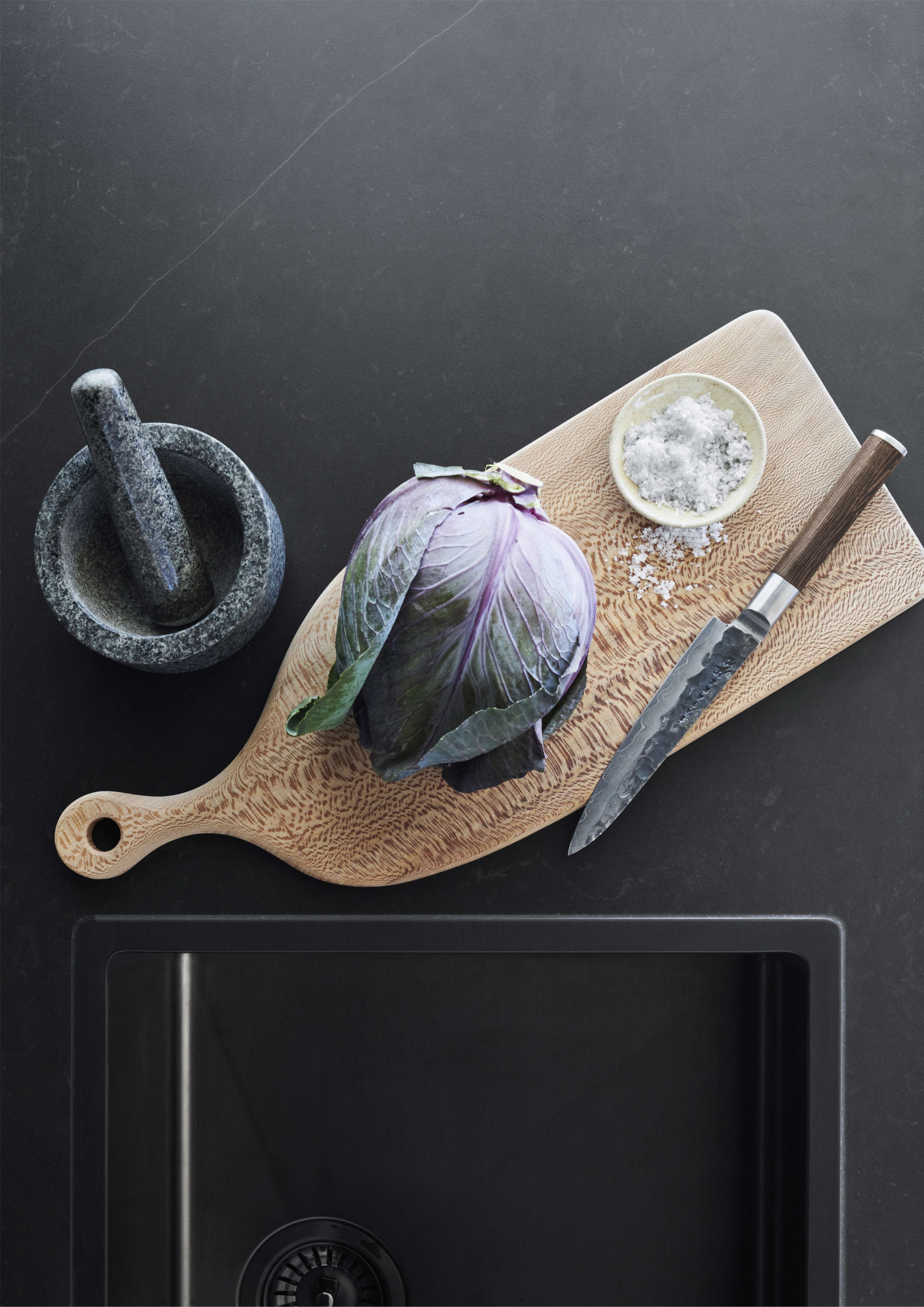
No more excuses – start today
No more excuses! Cooking with your kids is easy, fun, and rewarding. Start with simple, age-appropriate tasks and make it a fun and engaging experience – for you both. Cooking with your children teaches them valuable skills and encourages healthy eating habits and a positive attitude towards food. So grab your aprons, and start cooking with your kids today!
